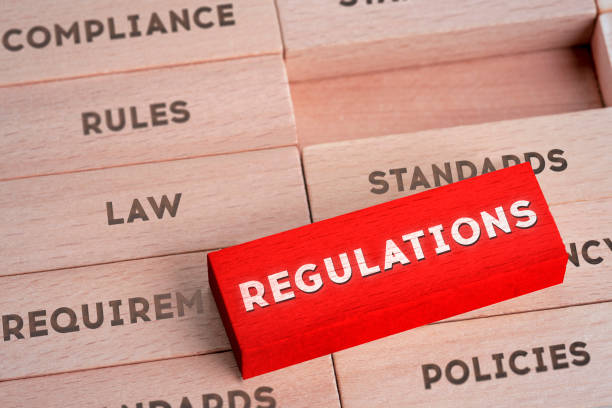Responding to a Medico Legal case and utilizing Indemnity Insurance.
How doctors behave after learning they are sued for medical negligence can determine the outcome of a case, regardless of its legal and medical merits. This is why it is important for doctors to know what to do when they receive a notice of prosecution. According to Health Economics, here are some do’s and don’ts.

POINTERS TO FOLLOW WHILE DEALING WITH CASES AGAINST YOUR HOSPITAL
Notify your insurance company as soon as you are served.
This not only allows your insurance company to work on your behalf as soon as possible, but it also means you will get legal representation faster and it provides a shield of protection for some conversations. story, Adler said. If doctors know of a possible lawsuit before it’s filed, they should notify the insurance company, she said. Employed physicians should also notify their employer immediately.
Research your insurance policy.
Physicians should review their indemnity policies to find out exactly what is covered, the amount covered, and their rights and responsibilities. Employed physicians should review their contracts to determine their own and their employer’s responsibilities. While many policies give the doctor the final say in the resolution of a lawsuit, many employment contracts give the employer discretion.
Ask questions.
It is natural that doctors have many questions to ask their attorneys when they are sued. Doctors should ask their attorney how long this process will take, the steps involved, and any other questions they have.
Be careful when dealing with claimants.
It is seen that 10 percent of defendants continue to treat patients who sue them. In these cases, they should only treat them under non-experimental conditions. Letting the patient down, he warned, could be seen as an admission of guilt.
Follow up.
Medical malpractice settlements and adverse judgments are reported to the National Practice Data Bank (NPDB) and state medical boards. This information follows doctors throughout their careers. Adler says she tries, when negotiating employment contracts with hospitals, to give doctors the right to approve the language in the NPDB report. Physicians may appeal the wording of the notice to the NDDB if they think it is unfair or inaccurate.

POINTERS TO AVOID WHILE DEALING WITH CASES AGAINST YOUR HOSPITAL
Don’t panic.
Being sued is common and the odds are in your favor. A 2012 study published in the Archives of Internal Medicine found that about 55% of complaints result in a lawsuit. Of these controversial claims, more than half have been dismissed by the courts. Furthermore, most of them were resolved prior to the ruling; less than 5 percent is decided by a trial judgment. And the verdict is in the doctor’s favor 80% of the time.
Do not modify the records.
It is very easy to go back and complete or correct relevant medical records, but doing so is a grave mistake. Plaintiffs’ attorneys will capture any changes and make them sound like a doctor’s attempt to cover up or destroy evidence, Rosenberg said. Any amendments made to records must be dated, initialed and accompanied by a statement stating who made the modification and why. Cahill recommends separating the relevant original paper files and severely restricting access. “Doctors with electronic health records should be similarly cautious,” he said. “Changes to electronic entries should not be made without clearly noting that this is an addition or a late entry.
Do not investigate.
The natural impulse after a lawsuit is to go back and review the case, looking for errors, incomplete records, other providers’ involvement or liability, etc. You may involve talking to colleagues, employees, and others involved in the incident, which could be seen as an attempt to thwart the investigation or cover up misconduct.
Do not speak to the plaintiff’s attorney.
It is not uncommon for plaintiffs’ attorneys to call or email the respondent’s physician’s office to request records or other information, Rosenberg said. Do not respond to such requests and do not speak to anyone on the complainant’s side, as the conversation could be used against you, he said. Let your attorney handle all case claims. And, of course, don’t offer to settle.
Do not use your personal attorney.
Unless a doctor is sued regularly whose personal attorney is a forensic expert, it is safer to be represented by an attorney appointed by the insurance company or employer. They are experts in forensic matters and know the tactics used by plaintiff attorneys. “Using your own attorney is like going to your pediatrician to treat your heart condition,” says Rosenberg.
Failing to make a personal settlement.
Most medical malpractice cases are resolved out of court, often with no admission of wrongdoing. Adler says these settlements are often motivated by the insurer’s decision that it is easier and cheaper to settle than to go to trial. “It’s hard for anyone to sort something out when they haven’t done anything wrong,” she said. “It’s really about the money. It’s a business decision, not a good or bad doctor.

